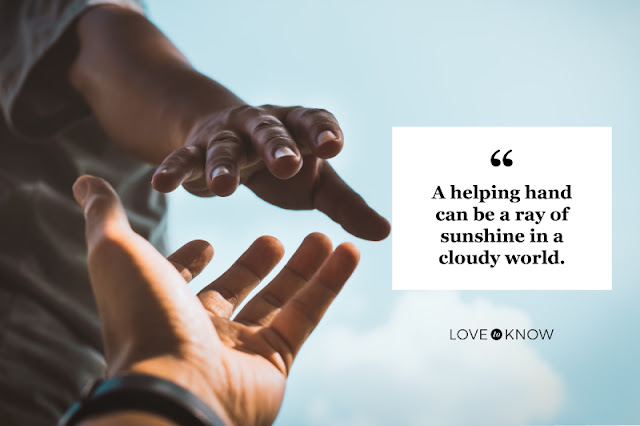 |
| Photo by Alyssa Stevenson on Unsplash |
In the last couple of months it seems like I am hearing of a new passing every few days. They range in age from teenagers (daughter and granddaughter) on up to those in the upper ages. The last was a dear friend I hadn't see in a couple of years. We just struggled to connect throughout the pandemic, but schedule and health issues kept interfering. I have to admit, this last loss hit me hard.
When I was sharing on social media a friend after offering condolences shared, "Remember, grief is love with no place to go." I am still pondering that one to see what the gem for me is. With so many losses, the quote shared with me, and spending time with another friend grieving, I felt the pull to put pen to paper - or fingers to keyboard - and take a explore what I felt about grief and grieving.
You can't make it to your mature years without having grief touch your life. It might be personal - a parent, a sibling, a child, a best friend - or it might appear via a friend who is dealing with a difficult loss. The first lesson for me was there is no road map on how to deal with loss. Why? Because we all are unique and how we move through the grief process is personal and unique.
I am hesitant to make any statements of fact, but there does seem to be one thing most professionals seem to agree on - the need to find a healthy way to express our grief. Burying it and ignoring it doesn't work well in the long run. However, I know there are times I have had to set dealing with my emotions aside for a bit while I dealt with daily life. A pause is sometimes needed, and that is fine as long as you make room to open up when the timing is right. And remember grief can come from more than just loss of life. It's sources come anytime we have to let go of one thing, and accept the reality of what it.
Grief is something that I personally seem to move through by instinct. It's not fun, but the best way for me seems to be to let it erupt out freely, cry fully and reach out for comfort when needed. I don't like big public displays of grief, such as at a funeral surrounded by others who are grieving. I prefer to be home alone mostly, or with my husband. Even a walk in nature alone works as long as no one can hear me cry. Sometimes a single friend is great. But private is the key for me. I need the solitude.
I know others like one of my relatives who prefer to grieve their loss at a funeral surrounded by others. They find it easier to let their grief out and is comforted by experiencing it with a supportive community. We could not be more opposite. And that's the point. When dealing with your own grief, what is more important is to find what feels right for you. What is most comforting? What creates a feeling of safety? What expression works best? Movement such as dance, walks in nature, writing poetry can all provide an outlet for your feelings.
When I am with someone that needs support, I often point blank ask them if they would like to talk about their sorrow, or if would they prefer a distraction from it. If they need me to bear witness to their grief, I am ready. If instead they need a break from it, I am willing to offer that. We can chat about our lives, go for lunch, take a walk, see a movie. It's important we don't make decisions for others on what they need.
I am hoping the next few months will be quiet. I need some time to absorb all the losses that have happened in my circle of family and friends. Aging isn't for sissies and this is one of the harder parts you only discover by living a long life. It's not easy. My friend who just passed asked her family to request we celebrate her amazing life and I am holding that close. Instead of focusing on the loss, I am instead choosing to embrace and celebrate my great memories of our times together.
A final note - it's important to check in with yourself regularly during the grieving process. If you have hit a roadblock and are struggling, reach out to a professional to help guide you. Let your friends know you need extra support through the process. You are not alone.




Comments
Post a Comment